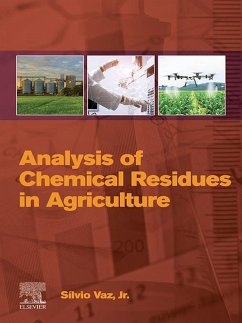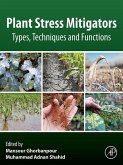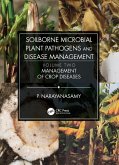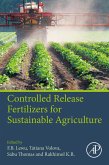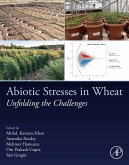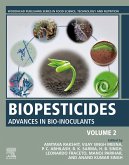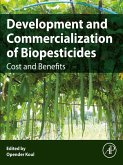Agriculture remains one of the most strategic sectors for the global economy and well-being. However, it is seen as a source of environmental and health concerns mainly due to the high amount of pesticides and fertilizers used in production systems around the world; moreover, a thorough understanding of the topic is necessary when we consider livestock production systems also apply large amounts of veterinary drugs to treat illness and promote increases in productivity.
- Identifies the main scientific and technological approaches of analytical chemistry dedicated to agricultural and related matrices to solve real problems and for R&D purposes
- Provides a description of the analytical technologies and methodologies used to reduce the negative impact of several agrochemicals on the environment and health
- Explores cutting-edge analytical technologies to detect residues in agricultural and related matrices
Dieser Download kann aus rechtlichen Gründen nur mit Rechnungsadresse in A, B, BG, CY, CZ, D, DK, EW, E, FIN, F, GR, HR, H, IRL, I, LT, L, LR, M, NL, PL, P, R, S, SLO, SK ausgeliefert werden.

